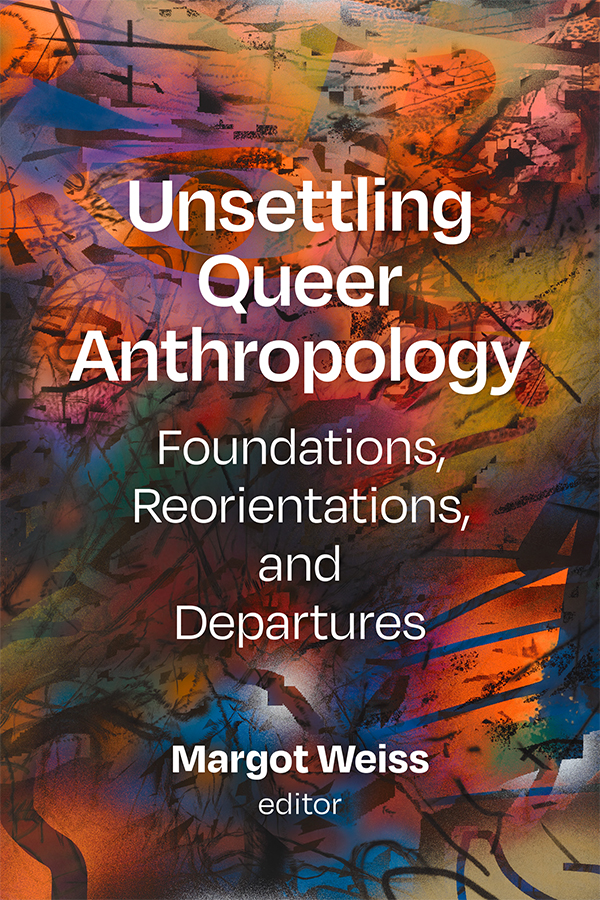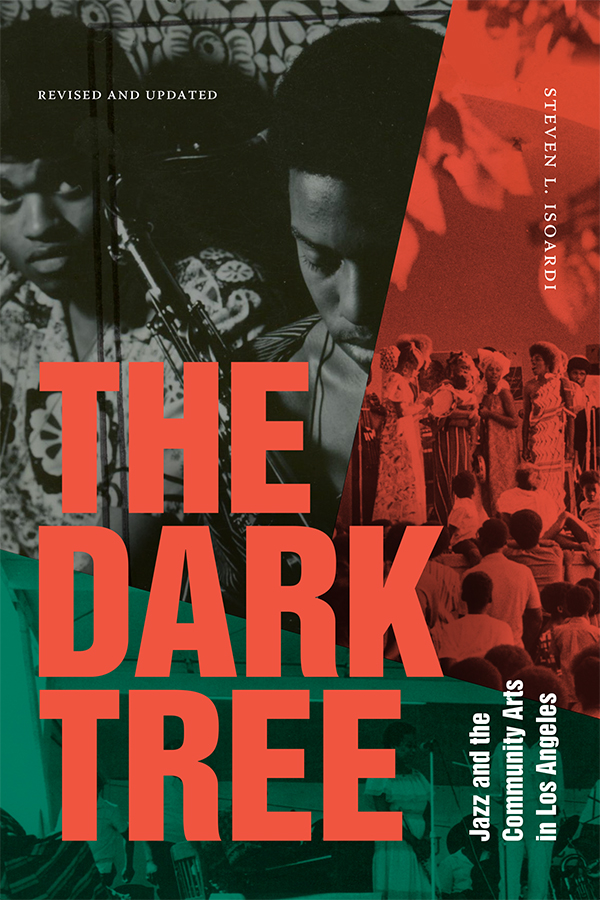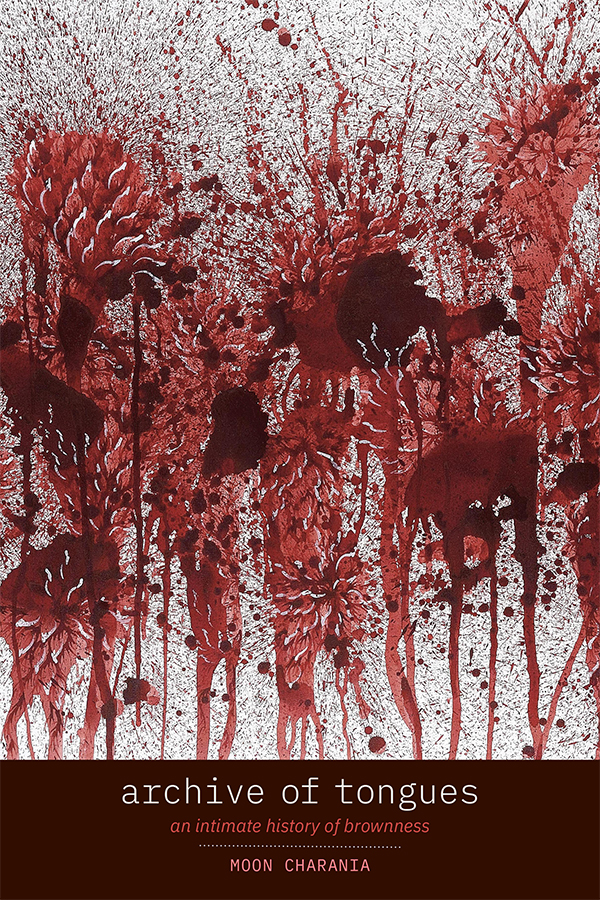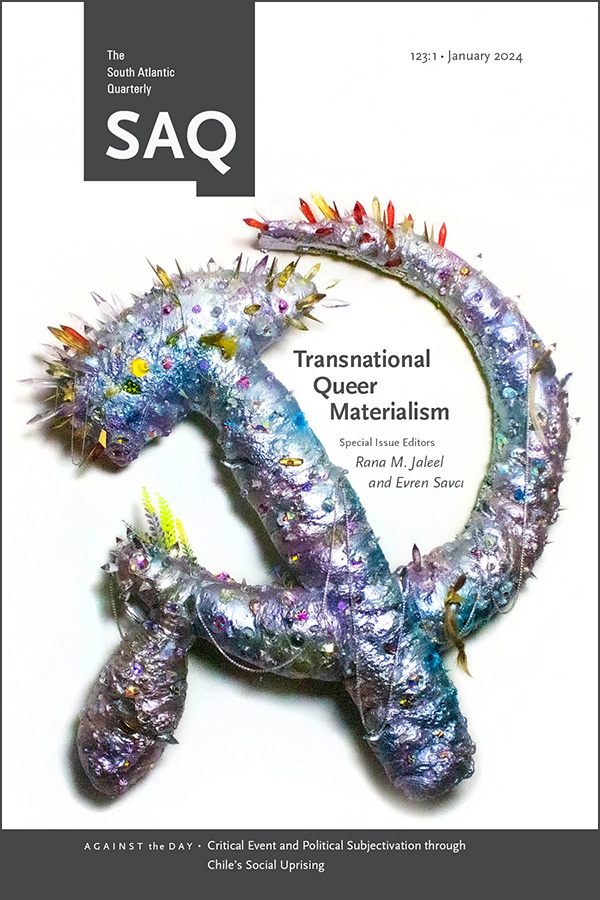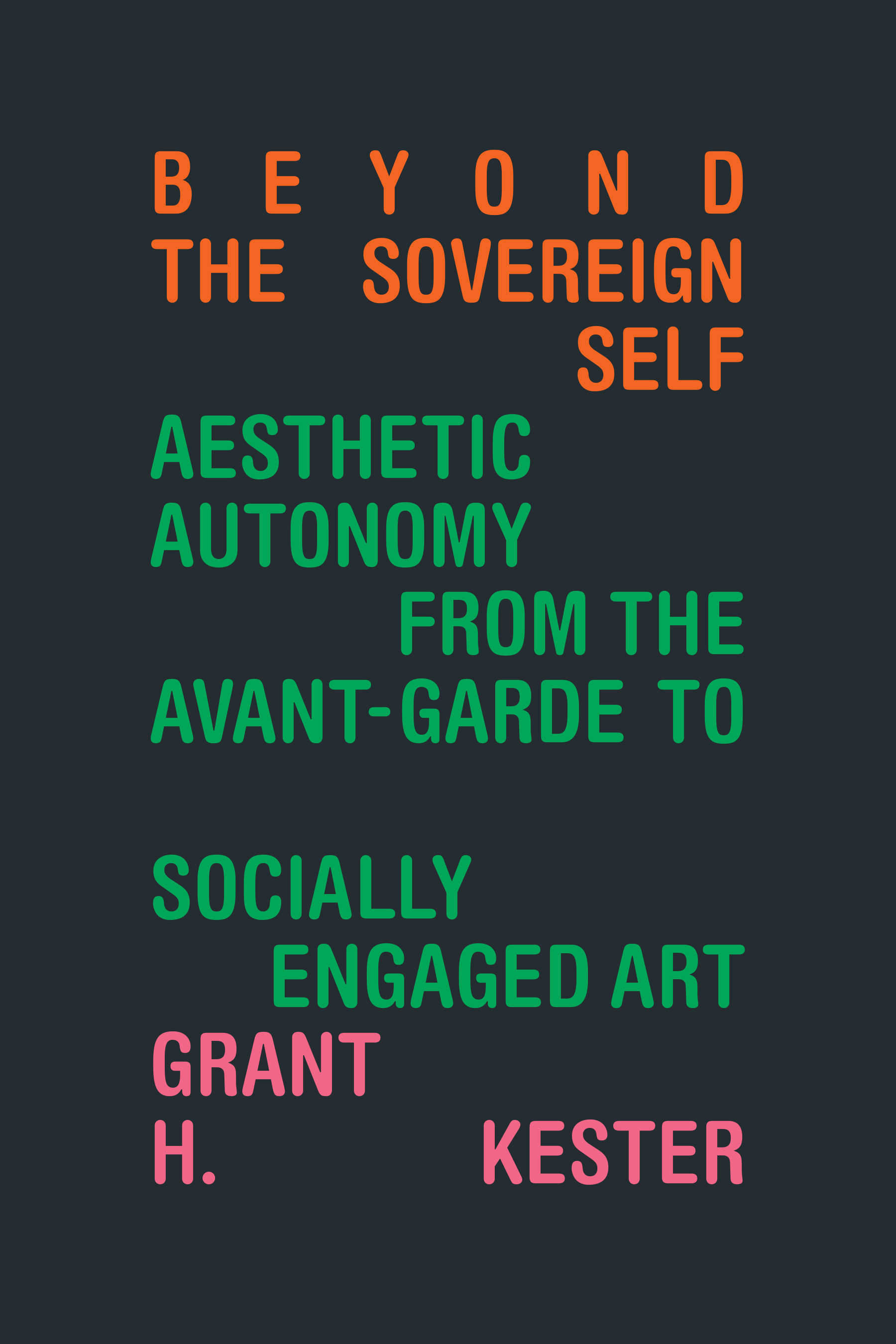Happy Earth Day! In celebration of environmental protection, we’re pleased to highlight some of our most recent titles in environmental studies.
In Escaping Nature, Orrin H. Pilkey and his coauthors offer concrete suggestions for how to respond to the threats posed by global climate change that involve adapting to a hotter world through technological innovations, behavioral changes, nature-based solutions, political changes, and education.
In Camera Geologica Siobhan Angus tells the history of photography through the minerals upon which the medium depends. Angus places nineteenth-century photography in dialogue with digital photography and its own entangled economies of extraction, demonstrating the importance of understanding photography’s complicity in the economic, geopolitical, and social systems that order the world.
In How the Earth Feels Dana Luciano examines the impacts of the new science of geology on nineteenth-century US culture. By tracing geology’s relationship with biopower, Luciano illuminates how imagined connections with the earth shaped American dynamics of power, race, and colonization.
Well before climate change became a global concern, nuclear testing brought about untimely death, widespread diseases, forced migration, and irreparable destruction to the shores of Oceania. In The Ocean on Fire, Anaïs Maurer analyzes the Pacific literature that incriminates the environmental racism behind radioactive skies and rising seas.
In Immeasurable Weather Sara J. Grossman explores how weather data collection has been central to the larger project of settler colonialism in the United States. Throughout, Grossman shows that weather science reproduced the natural world as something to be measured, owned, and exploited.
In Residual Governance, Gabrielle Hecht dives into the wastes of gold and uranium mining in South Africa to explore how communities, experts, and artists fight for infrastructural and environmental justice.
Salar Mameni historicizes the popularization of the scientific notion of the Anthropocene alongside the emergence of the global war on terror in Terracene. Mameni theorizes the Terracene as an epoch marked by a convergence of racialized militarism and environmental destruction.
In The Pulse of the Earth Adam Bobbette tells the story of how modern theories of the earth emerged from the slopes of Indonesia’s volcanoes, showing that the origin of the earth sciences emerged from a fusion of Western and non-Western cosmology, theology, anthropology, and geology.
In Subterranean Matters, Andrea Marston examines the ongoing history of Bolivian mining cooperatives, an economic formation that has been a central and contested feature of Bolivian politics and economy.
Can we have a wild ocean whose survival is reliant upon technology? In Oceaning, Adam Fish answers this question through eight stories of piloting drones to stop the killing of porpoises, sharks, and seabirds and to check the vitality of whales, seals, turtles, and coral reefs.
Drawing on research from high-level industry meetings, petrochemical plant tours, and polluted communities in the United States, China, and Europe, in Petrochemical Planet Alice Mah examines the changing nature of the petrochemical industry as it faces the existential threats of climate change and environmental activism.
And lastly, our journal Environmental Humanities publishes outstanding, open-access scholarship that draws humanities disciplines into conversation with each other, and with the natural and social sciences, around significant environmental issues. Start reading here or sign up for email alerts when new issues are published.





